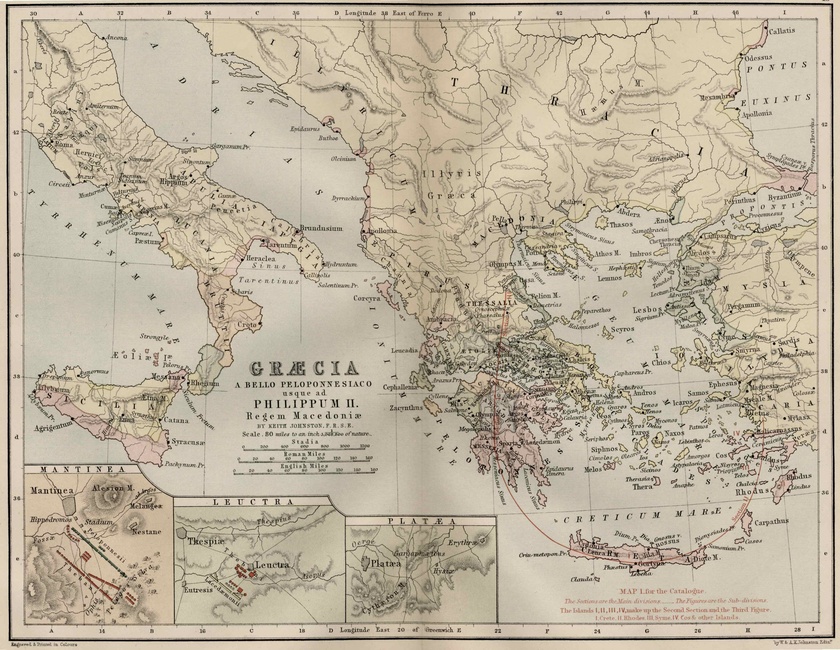Explain the actions of the IMF (The International Monetary Fund) and the European Union
Explain the actions of the IMF (The International Monetary Fund) and the European Union,
and how they have succeeded in taking over the Judiciary and Sovereignty of the European Nations ?
Grok Conversation
https://x.com/i/grok/share/NCruPosgYzFD5uLtft0rhvH5f
Explain the actions of the IMF (The International Monetary Fund) and the European Union, and how they have succeeded in taking over the Judiciary and Sovereignty of the European Nations ?
15 web pages
The International Monetary Fund (IMF) and the European Union (EU) have significantly influenced the judiciary and sovereignty of European nations, particularly in the context of economic policies, crisis management, and integration processes. Here’s a detailed analysis based on the historical and recent developments:
Influence on Judicial Systems:
Legal Frameworks and Treaties:
EU Law Supremacy: Through treaties like the Treaty of Lisbon, the EU has established a legal framework where EU law holds supremacy over national laws. This means that national judiciaries must apply EU law and refer cases to the European Court of Justice (ECJ) for preliminary rulings, which directly impacts how national courts interpret and apply law within their jurisdictions.
ECJ's Role: The ECJ sets precedents for national judicial systems, ensuring uniformity in the interpretation of EU law, which indirectly influences national judicial decisions.
Conditionality in Financial Aid:
During the eurozone crisis, especially in countries like Greece, Portugal, Ireland, and Spain, bailouts were accompanied by stringent conditions. These often included legal reforms, sometimes directly affecting judicial independence or efficiency. For example, reforms in Greece aimed at speeding up judicial processes were conditions for receiving financial assistance, which could be seen as an influence on judicial autonomy.
IMF's Role in Policy Conditions:
The IMF, through its programs, often requires countries to adopt certain legal reforms as part of the conditionality for loans. These reforms can touch on areas like bankruptcy laws, which are inherently linked to judicial systems, thus indirectly influencing judicial practices.
Impact on Sovereignty:
Monetary Policy:
Single Currency: The adoption of the euro has meant that countries in the eurozone have ceded control over their monetary policy to the European Central Bank (ECB). This centralization of monetary policy is a significant relinquishment of national sovereignty, as countries can no longer independently set interest rates or manage their currency.
Fiscal Policy Coordination:
Stability and Growth Pact: EU mechanisms like the Stability and Growth Pact require member states to coordinate their fiscal policies, restricting national budgetary autonomy to maintain economic stability across the union. The enforcement of these rules can lead to EU oversight or even sanctions, influencing national sovereignty.
Crisis Response Measures:
During financial crises, both the EU and IMF have imposed reforms that go beyond economic policy into governance. For instance, the European Stability Mechanism (ESM) and the Troika (comprising the European Commission, ECB, and IMF) have roles in overseeing and enforcing economic policies in distressed countries, which often requires changes in national governance structures or policies.
Banking Union:
The establishment of a Banking Union has further centralized aspects of financial regulation and supervision, which are traditionally sovereign functions. The Single Supervisory Mechanism (SSM) and Single Resolution Mechanism (SRM) have significant impacts on how banks are managed, potentially overriding national regulatory frameworks.
Political Influence:
Shared Sovereignty: The concept of shared sovereignty within the EU means that decisions are increasingly made at a supranational level, especially in areas like trade, competition law, and now increasingly in areas like digital regulation and environmental policy. This sharing of decision-making power dilutes the absolute sovereignty of individual nations.
Success in Taking Over?
Judiciary: The impact is more indirect but significant through legal obligations to EU law and the influence of ECJ rulings.
Sovereignty: There's a clear shift from national to supranational decision-making in many policy areas, particularly economic, which can be viewed as a form of sovereignty transfer. However, this is more about shared sovereignty rather than a complete takeover, where national governments still hold significant, though reduced, control over domestic affairs.
The narrative often frames these changes as necessary for economic stability, market integration, and prosperity, but they also reflect a tension between national autonomy and the benefits of collective governance. Critics might argue this is a loss of sovereignty, while supporters see it as an evolution towards more integrated, stable, and economically prosperous Europe.


























